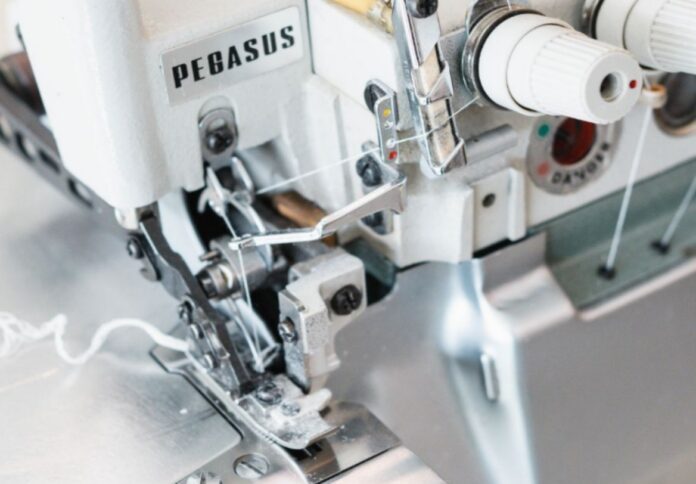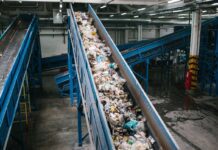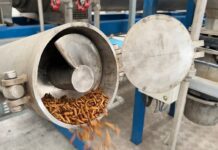
In a collaboration between the Australian Fashion Council (AFC) and Epson Australia, research conducted by RMIT has shed light on the true economic worth of Victoria’s textile, clothing, and footwear (TCF) manufacturing sector.
Initial findings reveal that Victoria’s TCF manufacturing sector contributes significantly to the Australian economy, with a staggering value exceeding $960 million.
This figure, drawn from traditional ABS data, encompasses a broad spectrum of activities within the sector, including manufacturing of natural and synthetic textiles, leather tanning, textile finishing, as well as production of knitted products, clothing, and footwear (ANZSIC Division C: Manufacturing, Category 13: TCF Manufacturing).
Moreover, TCF exports from Victoria alone are valued at an impressive $318 million, surpassing the export value of Victoria’s wine industry by $100 million.
This growth, observed at a rate of 9 per cent year-on-year, encompasses exports of clothing, footwear, textiles, leather articles, and woven fabrics. Notably, the figures do not encompass yarn or raw fibres such as cotton or wool.
With its robust supply chain, Victoria is poised to spearhead Australia’s transition towards a circular clothing economy, AFC said in a news release.
The comprehensive mapping of 400 businesses across the TCF supply chain conducted by RMIT underscores Victoria’s strategic advantage in leading this transformative shift.
The report’s methodology involved a meta-analysis of diverse publicly accessible data sources, including ABS Census data, industry employment data (ANZSIC), and occupational employment data (ANZSCO).
Extensive desktop research methods were employed to gather insights from industry reports, governmental and non-governmental organisations, academic research, market intelligence databases, as well as company websites and annual reports.
Furthermore, RMIT developed a database comprising approximately 400 TCF businesses directly engaged in manufacturing activities in Victoria.
Stringent selection criteria ensured the inclusion of businesses actively involved in local manufacturing processes. For instance, only retailers known to produce at least a portion of their clothing range locally were considered.
The forthcoming full report titled ‘Moving the Needle: The State of Play of Victoria’s Textile, Clothing & Footwear Manufacturing Sector’, slated for release in April with support from Epson Australia, promises a deeper exploration of the TCF industry.
It will examine the sector’s broader connections beyond raw fibre and retail, shedding light on emerging areas of repair, reuse, and second-hand markets.
Led by Dr Jenny Underwood, associate dean of Fashion and Textiles Technology at the School of Fashion and Textiles, RMIT’s research initiatives aim to redefine the value of the TCF sector through the prism of a circular economy.




















